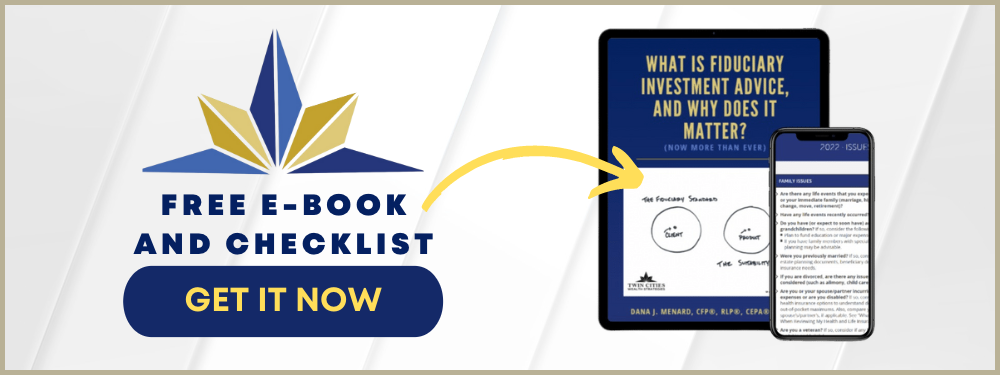Do you find yourself behind the eight ball when reviewing your retirement plan? Have you been living paycheck-to-paycheck, raising a family, or working on getting a business off the ground? The first thing you need to know is that you are not alone! A Washington, D.C.-based study found that the median balance of IRAs for people in their early 50s is about $32,000 and $41,000 for people in their late 50s. Well, don’t despair! It’s never too late to get started so let’s review some options to help get you on your way!
Eliminate Consumer Debt
Consumer debt is quite expensive, so start paying it off as quickly as possible. This includes credit card balances, car loans, and other high-interest debt. Pay down the highest interest rate balances first, and as each one is paid off, move on to the next. Always make purchases with cash and do not accumulate more debt. Once consumer debt is taken care of, determine if a more significant percentage of your mortgage payments is being applied towards interest. It would be beneficial to make extra mortgage payments. Otherwise, it may make more sense to use that money for investment purposes.
Cut Expenses
Start by breaking down your expenses into needs, wants, and wishes. Your needs are basic expenses like housing, food, and utilities. Wants are nice-to-have items like travel, entertainment, and clothing and should be the first expenses to scrutinize.
Perhaps you could move into cheaper rental accommodations or downsize your home to a condo or smaller residence. Consider looking for employment in another state that offers a lower cost of living. Instead of an overseas vacation, travel closer to home and deposit the savings towards your retirement plan. Replace your daily latte with a regular coffee, or better still, grind your own beans! Cutting back on small everyday expenses can make a big difference in your retirement savings plan over the long term, so scrutinize them.
You and Your Spouse Come First
Most experts agree that saving for retirement is a higher priority than saving for your children’s college. Kids have many options to attend college, including part-time jobs, grants, and student loans, while retirement loans are not as easy to come by. Adult children can depend on themselves financially and have more time on their side, much more than you do!
Re-Assess Your Portfolio
The closer you get to retirement, the less risk you typically want to take. However, you don’t want to eliminate the possibility of earning higher returns on some of your investments. If you have a retirement plan outside of your workplace plan, you have the advantage of customizing and diversifying your portfolio. Review your asset allocation to ensure it includes a mixture of bonds, stocks, and other investments, and be sure you are not paying unnecessary fees, commissions, or additional administrative costs.
Earn Extra Income
Do you have the time and energy to earn extra or side gig income? Perhaps it’s time to ask for a raise at work or look for a better job with more pay or one that offers better pension and retirement options. Do you have a room or suite you can rent out in your home? Once you retire, you could work part-time, offer your skills in a consulting role, or even teach at a local college.
Saving for retirement late in your years is challenging, but it’s never too late to begin as long as you start now!
Have questions about whether or not downsizing may be a part of your retirement decisions or need help with your financial plan? We’re here to help! Simply click here or call (763) 445-2772 to schedule a complimentary consultation today!


